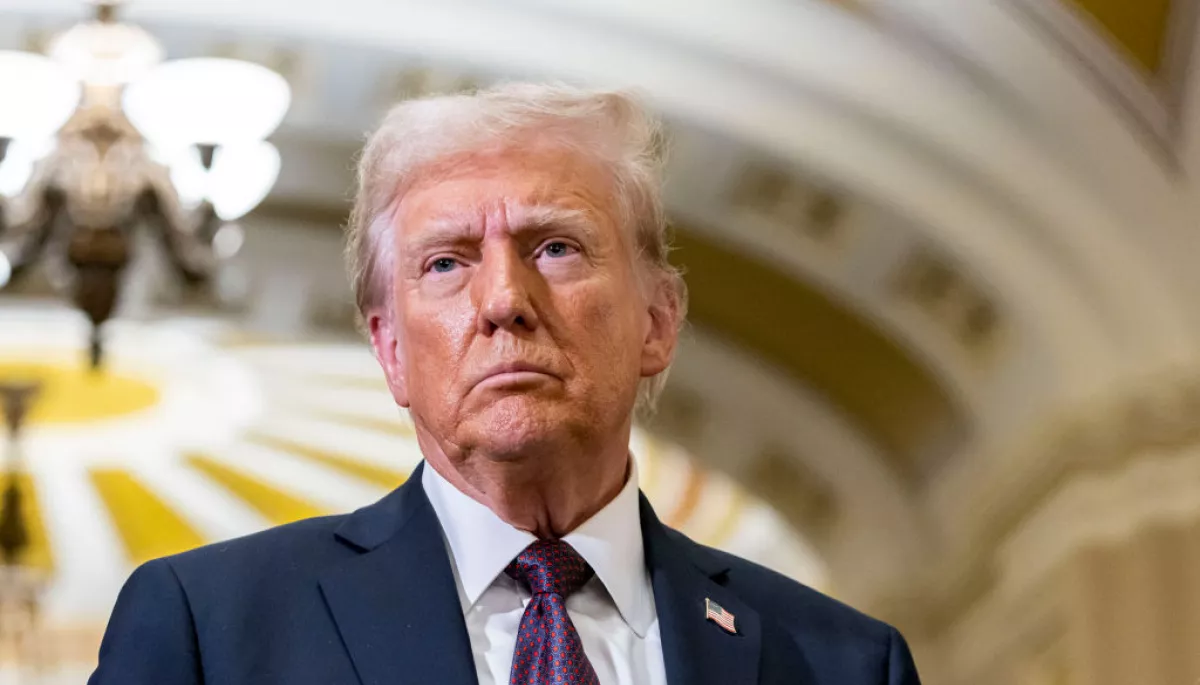The U.S. Court of Appeals has ruled by a majority that tariffs imposed by Donald Trump’s administration during the trade war were unlawful. The decision was reached with a 7-to-4 vote, reports Baltimore Chronicle citing Reuters.
The judges reviewed the legality of the so-called “reciprocal” tariffs introduced in April, as well as separate duties targeting China, Canada, and Mexico that were enacted in February.
According to the ruling, the International Emergency Economic Powers Act (IEEPA), which Trump referred to, does not grant the president direct authority to impose tariffs. “It is unlikely that Congress, when passing the IEEPA, intended to abandon its longstanding practice and effectively grant the president unlimited tariff powers,” the court stated.
At the same time, the court allowed the tariffs to remain in effect until October 14 to give the administration time to appeal to the U.S. Supreme Court.
The decision comes amid another legal battle concerning the independence of the Federal Reserve System, which is also expected to reach the Supreme Court, creating unprecedented legal clashes this year over Trump’s economic policies.
The tariffs provided Trump’s administration with leverage to push for concessions from trade partners but also fueled volatility in financial markets.
Donald Trump reacted to the court’s decision on Truth Social, calling it “highly biased” and warning that lifting the tariffs would be “a total disaster for the country.” He added that he expects the Supreme Court to ultimately rule in favor of the tariffs.
Earlier we wrote that Trump compared his meeting with Putin to Nixon’s Moscow visit during the Cold War.

